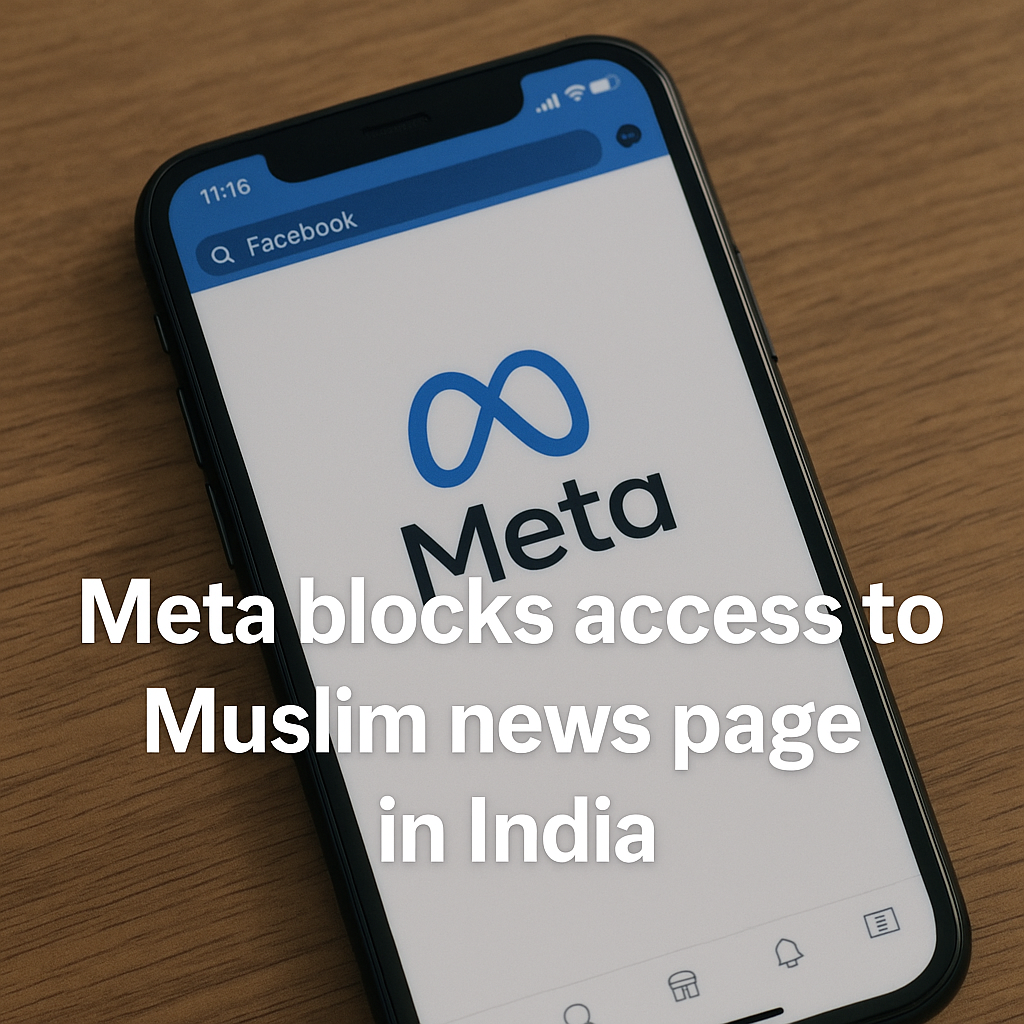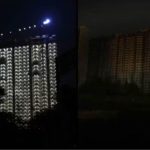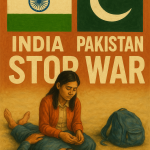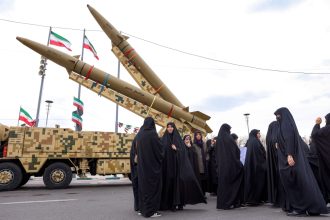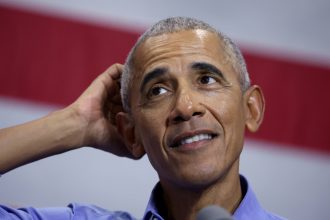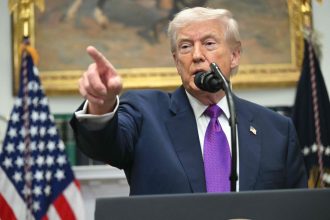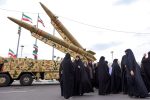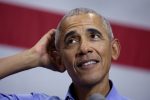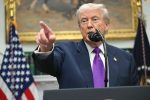A wave of concern swept through millions of social media users this week after Meta restricted access to the widely-followed Instagram account @Muslim in India, following a legal request from the Indian government. The move, announced by the page’s founder Ameer Al-Khatahtbeh, has been slammed as an act of censorship during a period of growing tensions between India and Pakistan.
For the 6.7 million followers of the @Muslim page, many of whom are based in India, the page simply vanished. Instead of news stories and community updates, they were met with a stark message: “Account not available in India. This is because we complied with a legal request to restrict this content.”
Khatahtbeh, who is also the editor-in-chief of the platform, said he began receiving “hundreds of messages, emails, and comments” from Indian followers who could no longer view the page. “Meta has blocked the @Muslim account at the request of the Indian government. This is censorship,” he said in a heartfelt statement.
Meta has so far remained silent on the decision, directing inquiries to its policy page, which outlines how the company may restrict content to comply with local laws. But critics argue the move sets a troubling precedent—especially in a climate where social media is often the only platform for marginalized communities to be heard.
The timing is especially sensitive. The ban comes just as violence flares between India and Pakistan, with deadly missile strikes, cross-border artillery exchanges, and rising death tolls. It also follows India’s blocking of social media accounts belonging to Pakistani celebrities and athletes.
Khatahtbeh, whose page is among the most followed Muslim news platforms on Instagram, expressed deep disappointment. “When platforms and governments try to silence media, it tells us we’re doing our job—holding those in power accountable,” he said.
He ended his statement with a message of resilience: “To our followers in India—we’re sorry you’ve been cut off from our coverage. But we will not stop. We will continue to report the truth and stand for justice.”
This incident is a powerful reminder of the fragile balance between government control and freedom of expression in the digital age. As the world watches, questions remain: whose voices get silenced—and who decides?
